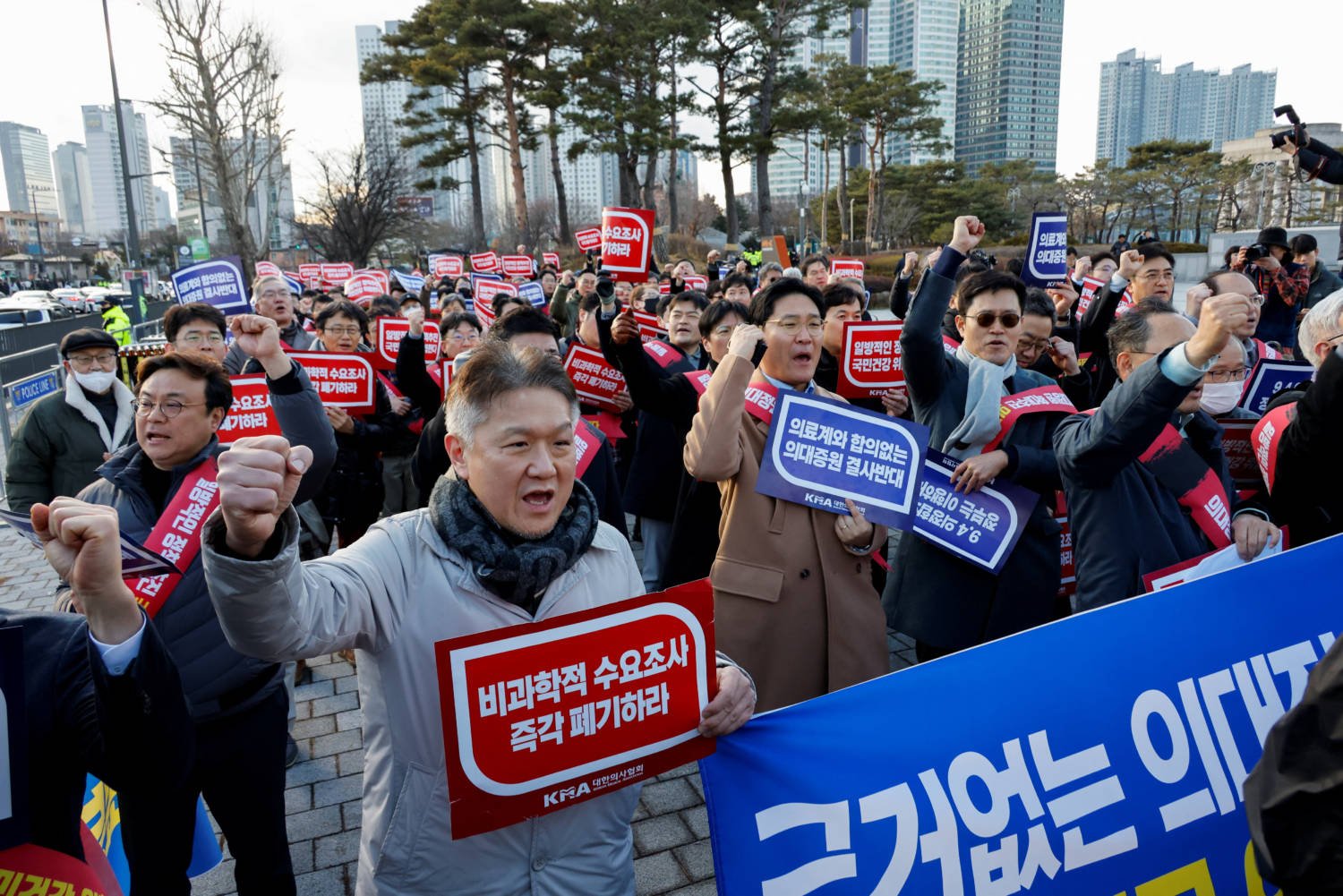**South Korean Nurses Granted Legal Protection Amid Doctor Walkout**
In a bid to alleviate the strain on hospital staff, South Korean health authorities have extended legal protection to nurses for performing certain medical tasks typically reserved for doctors. This development follows a substantial walkout of trainee doctors protesting a government initiative to increase medical school admissions, aiming to address the nation’s doctor shortage.
The walkout, which began last week, has seen more than two-thirds of resident and intern doctors abandon their posts. This mass departure has led to significant disruptions in healthcare services, with emergency rooms turning away patients and numerous medical procedures being delayed or canceled.
Health Minister Cho Kyoo-hong announced on Tuesday that the government is implementing a program to legally shield nurses who carry out specific procedures within medical institutions. The extent of these procedures will be determined by the hospitals themselves.
As the standoff continues, the government has reached out to the striking doctors for dialogue, though no meeting has taken place yet. While senior doctors and private practitioners have not joined the strike, they have expressed solidarity through rallies and calls for the government to reconsider its plan.
Cho has urged the over 9,000 young doctors participating in the strike to resume work by February 29 to avoid punitive measures, which could include license suspension and potential prosecution.
The protesting doctors have argued that the government should prioritize improving pay and working conditions before increasing the number of physicians. In response, the government has outlined policy plans that not only propose an increase of 2,000 new medical students annually but also offer enhanced legal protection against malpractice suits and incentives for doctors in essential disciplines and underserved regions.
Cho emphasized the government’s accelerated efforts to enact unprecedented legal protections for doctors, which would facilitate swift compensation for patients injured during medical procedures and allow doctors to concentrate on their practice without fear of legal repercussions.
The move to legally protect nurses is seen as an immediate measure to mitigate the impact of the doctor shortage on patient care, while broader policy changes are being discussed and implemented.
(Reuters)





